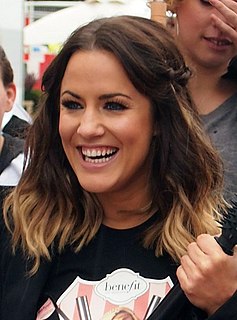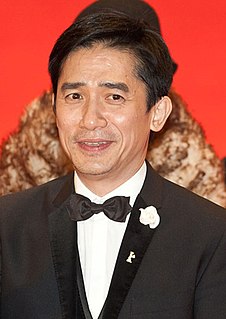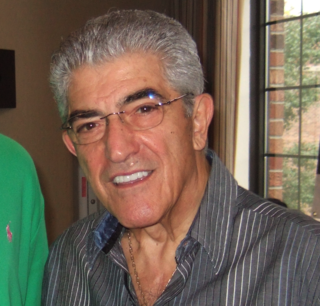A Quote by Caroline Flack
I'm not very good at talking about my emotions.
Related Quotes
I have been very fortunate to see some very clearly excellent players play well to the very ends of their career, where they opted not to play anymore. I'm talking about Adrian Beltre. I'm talking about Torii Hunter. I'm talking about David Ortiz, Chipper Jones, Derek Jeter. These are players who decided, 'You know, I've had enough. That's good.'
We don't like to use the phrase "state security" in the United States because it reminds us of all the bad regimes. But it's a key concept, because when these officials are out on TV, they're not talking about what's good for you. They're not talking about what's good for business. They're not talking about what's good for society. They're talking about the protection and perpetuation of a national state system.
Sarah Palin kept talking and talking, and the more she talks, the less compelling she can be. People say, "She's a very good politician, very deft at what she does," and whatever. And I hear that sometimes and go, "I don't know much about this stuff, but I would say no." Because the really good politician expands the audience, not contracts it. She may be getting a very vocal crowd, but it's a very specific group.
When you start talking about same-sex marriage, you start talking about abortion, and I think those issues are very very important and very interesting and very right for us to talk about, but when we allow those issues to cannibalize all other issues we find ourselves homeless while we debate about it.
With social media, so many people have anxiety and depression because of it. Of course technology is somewhat good, but it can present so many issues; more and more we're seeing what that's causing, and it's even leading to deaths. I just got finished doing a documentary called Anx with children talking about anxiety and recognizing their emotions and understanding them better. We need to let kids know it's OK to not be OK. And we need to help them be comfortable talking about it.


































